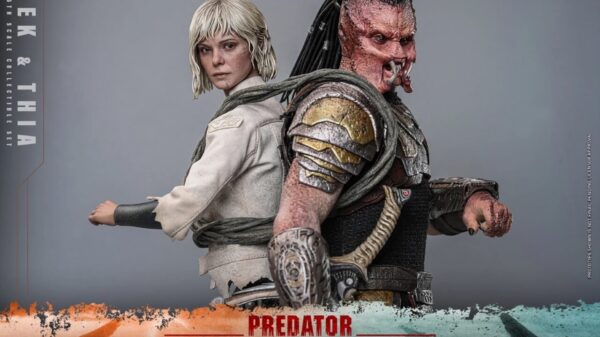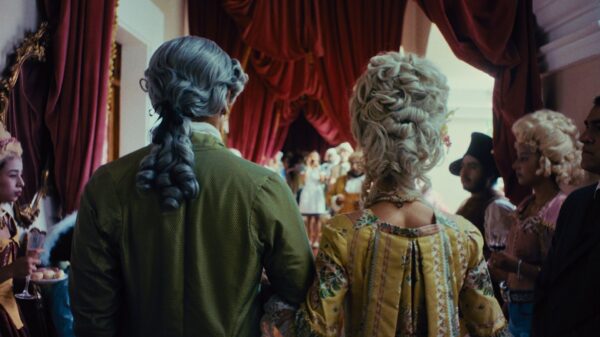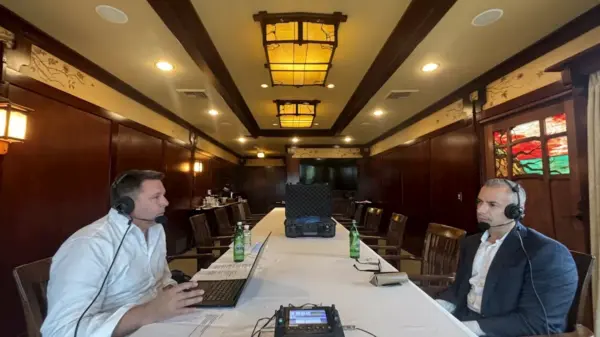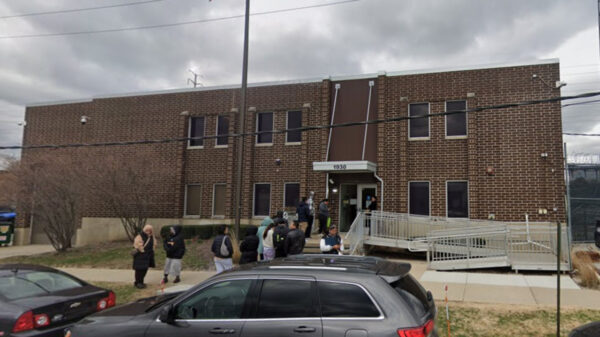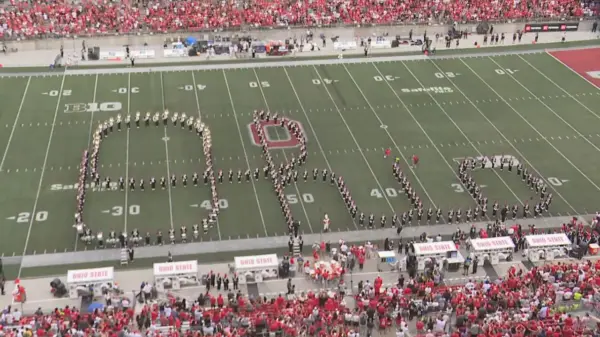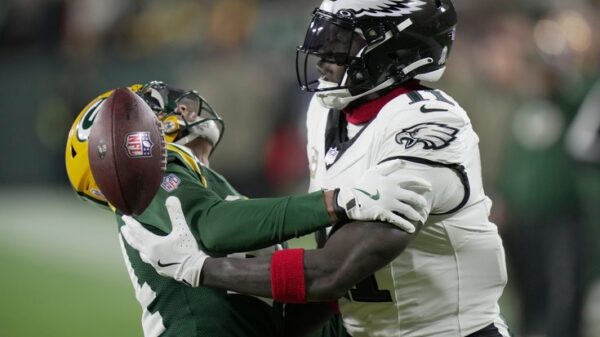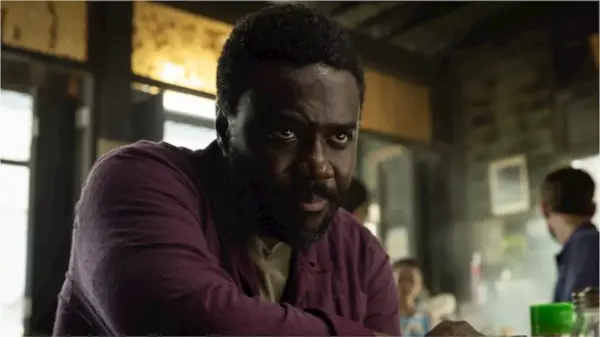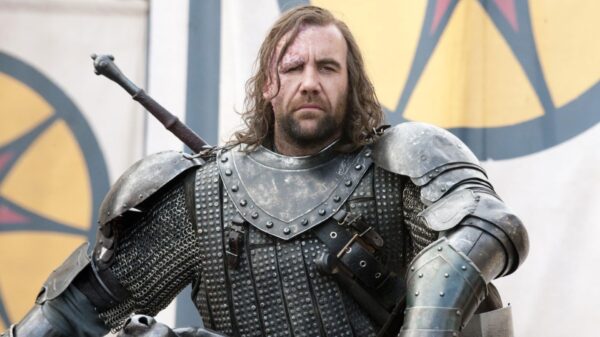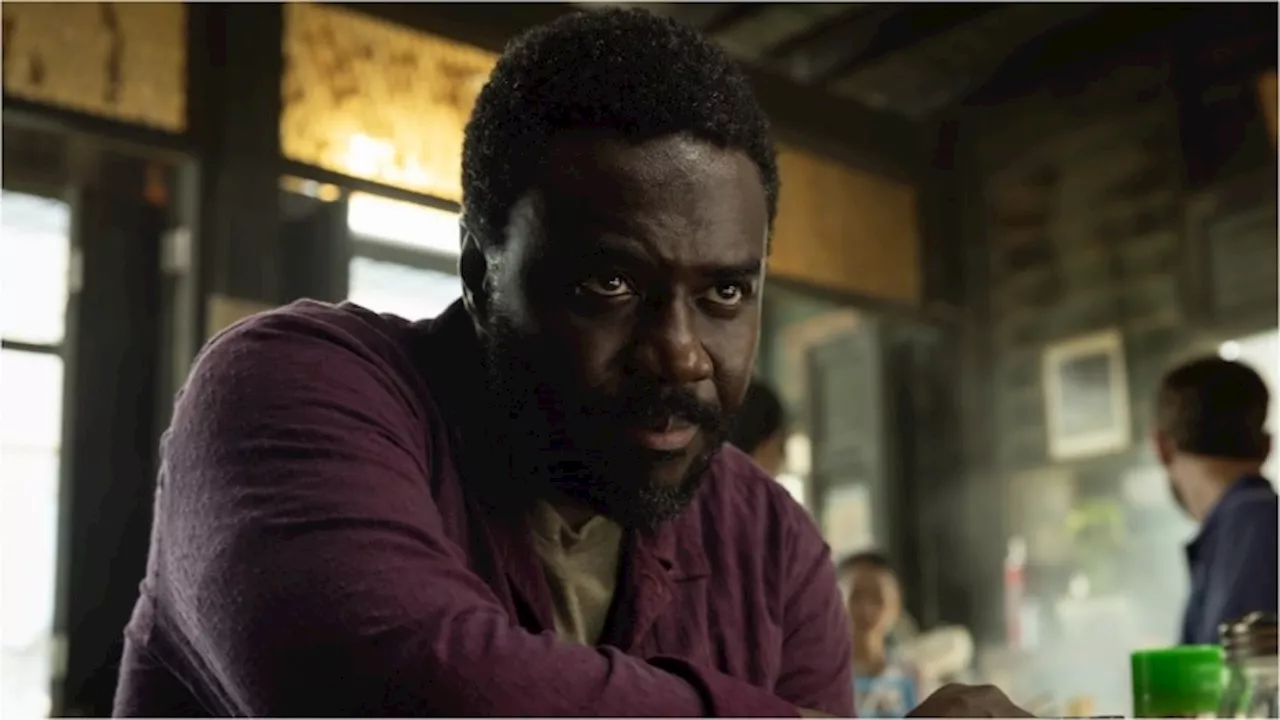The new series “Alien: Earth” has garnered significant acclaim since its debut, particularly for the standout performance by British-Gambian actor Babou Ceesay. His portrayal of Kumi Morrow, a complex character navigating a dystopian universe, has been described as the emotional core of the show, setting a new standard for the franchise.
From the outset, the series, created by Noah Hawley, expands the boundaries of the “Alien” universe. Morrow, initially presented as a security officer for the Weyland-Yutani corporation, is tasked with recovering Xenomorph cargo after a disastrous ship crash in New Siam. Ceesay’s nuanced performance transforms Morrow from a seemingly ruthless villain into a deeply empathetic figure, reflecting the struggle between humanity and corporate greed.
Ceesay’s Morrow serves as a bridge between man and machine. His character is depicted as driven by the demands of his employers, sacrificing personal autonomy for corporate loyalty. This theme resonates throughout the series, highlighting a critique of capitalism and the loss of individuality. Morrow’s journey is a poignant exploration of how extreme loyalty can lead to the suppression of one’s humanity.
In the third episode, Morrow’s interactions with two young characters, Slightly and Smee, reveal the layered complexity of his character. In a gripping scene, Morrow’s cold demeanor falters as he introduces a moment of levity, laughing at Slightly’s innocent question, “Are you a robot?” This encounter marks a pivotal moment in the series, showcasing the range of Ceesay’s performance, which oscillates between menace and vulnerability.
As the plot progresses, Morrow’s moral decline becomes evident, particularly in the fifth episode where he abandons his crewmates in a moment of crisis. The audience witnesses the impact of grief on Morrow’s psyche, pushing him to adopt increasingly desperate measures to find meaning in his life. His transformation is chilling; he manipulates those around him to fulfill his mission regarding the Xenomorphs, revealing a character who has become unrecognizable due to trauma and loss.
Ceesay’s portrayal is marked by a disarming humanity that contrasts sharply with Morrow’s ruthless exterior. His facial expressions convey a spectrum of emotions, from defiance to shame, as he grapples with his identity and the consequences of his actions. Through flashbacks, viewers glimpse Morrow’s past, a time before he was shaped by tragedy and isolation, when he had a daughter and a semblance of happiness. These sequences serve to deepen the audience’s understanding of Morrow’s motivations, illustrating the profound effects of loss and survivor’s guilt.
Ceesay’s performance in “Alien: Earth” stands out as one of the most compelling in recent television. Each scene he inhabits resonates, leaving a lasting impression that enhances the overall narrative. His ability to embody the moral ambiguity of a man torn between duty and desire is nothing short of remarkable.
As the series unfolds, Morrow evolves from a background character into the emotional fulcrum of the story, demonstrating Ceesay’s exceptional talent. This role not only highlights the potential for character development in television but also reinforces the notion that some of today’s most captivating performances are found on the small screen rather than in cinema.
With “Alien: Earth,” Ceesay has undoubtedly carved out a space for himself as a leading actor in a complex and ambitious narrative, proving that television continues to be a fertile ground for star-making performances.





